The views expressed in our content reflect individual perspectives and do not represent the authoritative views of the Baha'i Faith.
The Leonard Fulton I remember was tall and skinny, with rust-colored skin and a closely-cropped head of kinky red hair, a genetic marker of his African-Irish ancestry.
Leonard had a set of sleepy eyes and delicate features that gave his face a disarming softness and fragility which belied the harsh circumstances of his existence. Raised in the working class neighborhood of Jersey City in the 1980’s by an overwhelmed single mother and an absent father, he was unprepared for the deceptive charms of the streets – those beguiling seductions that follow the errant footsteps of the aimless and the blind.
Five years my junior, he was my older brother’s first born, and my only nephew. By the time Leonard turned twelve he had become a seasoned veteran of petty crime; minor drug offenses, truancy and joyrides in stolen cars. Sometimes, during summer vacations, his mother would send him to stay with my mom and I, hoping the distance would place him beyond the reach of the temptations that always seemed to haunt him.
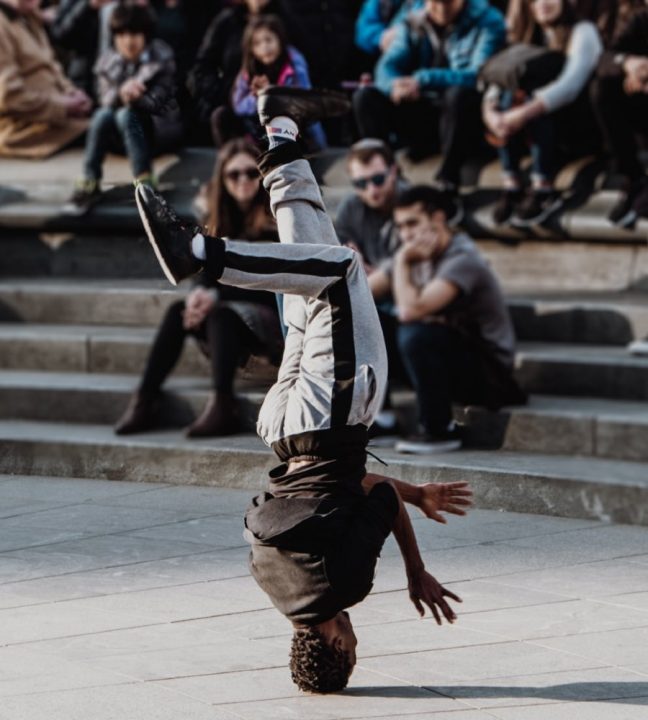
During those warm months, when the searing heat baked our skin and kept us drenched in sweat, we would ride the train into lower Manhattan with my friends, trek through Chinatown and the East Village, fill our stomachs with cheese pizza and watch the street performers in Washington Square Park. As the youngest member of our crew, wide-eyed and impressionable, Leonard always seemed to be looking for something – a template or a roadmap perhaps – the guidance that could point him in a direction away from the life he had known. But I was only 16, still a kid myself, and far too immature to understand the deprivation of fatherless boys left to the capricious whims of an indifferent world with no way of knowing how to find true north. Had I discovered the Baha’i Faith at that point, and comprehended the truth of this passage from Baha’u’llah, I might have known better:
It is the bounden duty of parents to rear their children to be staunch in faith, the reason being that a child who removeth himself from the religion of God will not act in such a way as to win the good pleasure of his parents and his Lord. For every praiseworthy deed is born out of the light of religion, and lacking this supreme bestowal the child will not turn away from any evil, nor will he draw nigh unto any good.
Leonard looked up to me. I knew that, but it was a reverence I had not earned, nor one that I deserved. Children, absent the guiding hand of a loving adult, will look for fathers and mothers wherever they can find them, even if the objects of their longing are under-qualified.
I was an anomaly in my family, college bound on an art scholarship and eventually off to faraway places I could never have imagined. My journey would ultimately take me to very different spaces, but at that point I was walking my own circuitous path towards young adulthood – one that didn’t involve overt criminality but, nevertheless, had its own pitfalls and destructive deviations. In some ways Leonard was living more honestly than the uncle he so admired. His offenses were easier to see, while my anger, my fear, sadness, and selfishness were buried beneath a facade of academic achievement and artistic talent. We were both confused young men wrestling with the developmental challenges that all boys face, made even more difficult by the complications of race, neglect and abuse. We looked everywhere for the beauty and acceptance we could not find within ourselves.
I knew the unspoken questions Leonard was asking. They were familiar to me, as they are familiar to many black and brown children living in an America that routinely undervalues and diminishes their potential. Although there are variations in the way the questions get asked, they are all grounded in one enduring and painful mystery: why? In a letter written on his behalf, Shoghi Effendi explained:
In every suffering one can find a meaning and a wisdom. But it is not always easy to find the secret of that wisdom. It is sometimes only when all our suffering has passed that we become aware of its usefulness. What man considers to be evil turns often to be a cause of infinite blessings. And this is due to his desire to know more than he can. God’s wisdom is, indeed, inscrutable to us all, and it is no use pushing too far trying to discover that which shall always remain a mystery to our mind.
Leonard and I both asked, in our own way, but we looked for answers in different places. He sought his answers in the cruel realities of the urban ghetto, while I found a sanctuary, of sorts, in my imagination. But in the fall of my freshman year in college our divergent roads converged at a violent intersection of my own making that would have enduring consequences.
Leonard, spending a holiday weekend at my home, got into a physical altercation with me over his continued involvement in illegal activities. I initiated the entire event, naively believing I could force a transformation in him through violence. As a teenager with little understanding of the differences between healthy and toxic masculinity, I realize now that I was repeating an abusive pattern of behavior that extended back through generations in the African American community to the whipping post on slave plantations. The use of physical violence to coerce obedience and compel subservience was a fundamental element of the slave system. Repeated exposure to brutality and dehumanization in the form of physical violence resulted in a subconscious internalization of the practice among enslaved populations as a means of disciplining their children to ensure the survival of the next generation. The psychological trauma such beatings induced however, often resulted in unintended developmental difficulties that hindered advancement, as this passage from the Baha’i writings explains:
Let the mothers consider that whatever concerneth the education of children is of the first importance. Let them put forth every effort in this regard, for when the bough is green and tender it will grow in whatever way ye train it. Therefore is it incumbent upon the mothers to rear their little ones even as a gardener tendeth his young plants. Let them strive by day and by night to establish within their children faith and certitude, the fear of God, the love of the Beloved of the worlds, and all good qualities and traits. Whensoever a mother seeth that her child hath done well, let her praise and applaud him and cheer his heart; and if the slightest undesirable trait should manifest itself, let her counsel the child and punish him, and use means based on reason, even a slight verbal chastisement should this be necessary. It is not, however, permissible to strike a child, or vilify him, for the child’s character will be totally perverted if he be subjected to blows or verbal abuse.
When I struck my nephew in anger, I unknowingly perpetuated the legacy of the slave system. In that moment, I became a willing instrument for a long legacy of dehumanization and objectification. In one of my life’s great regrets, I failed to call his attention to his inherent nobility, or draw distinctions between his behavior and his invaluable worth. If I had only known.
It would be three years before I would hear about the revelation of Baha’u’llah and learn about the spiritual distinction of people of African descent, regarded as the “pupil of the eye,” where “the light of the spirit shineth forth” according to the Baha’i writings.
I wish I had understood you better, Leonard. I wish I had been empowered with that information and that spiritual perception so I could tell you about your noble destiny. I wish I had understood the difference between the transformative capacity of divine love and encouragement, and the destructive nature of abuse and ridicule.
Today my nephew Leonard stares back at the world through steel bars in a maximum security prison somewhere in America, housed on death row for a double homicide. When I think back over the tragedy of his life, I remember with deep regret how wrong I was in that pivotal moment. I am reminded of how far I have traveled in my understanding of the love and wisdom required to seed lasting transformation. Most of all, though, I am reminded of how desperately a bewildered world needs God’s messengers to correct the false perceptions we have about ourselves and one another.
Forgive me Leonard, for not being able to fully see your beauty, and know that even now I feel as though I stand on a mountain of glass looking for the diamond I threw away.


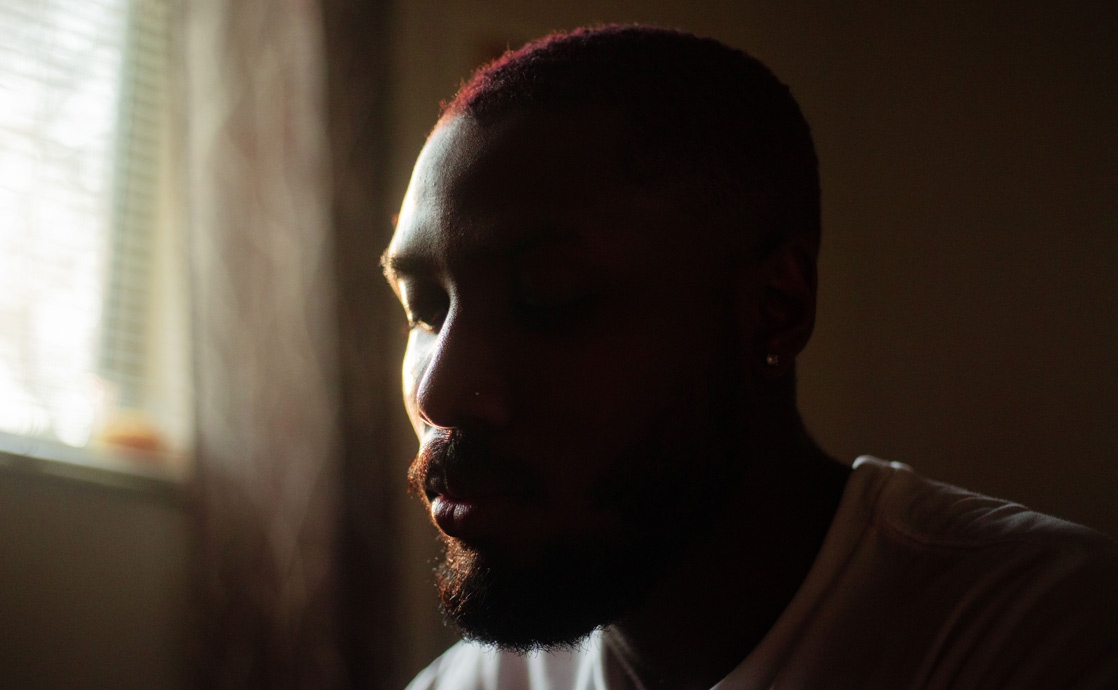


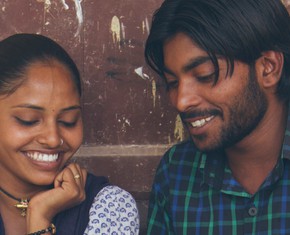





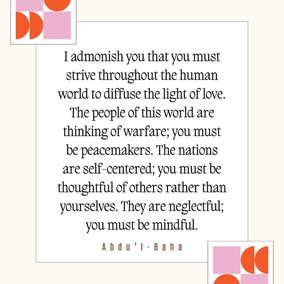
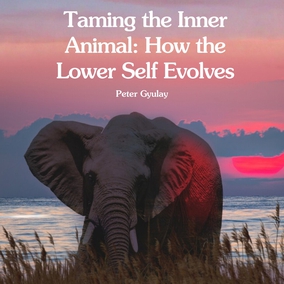
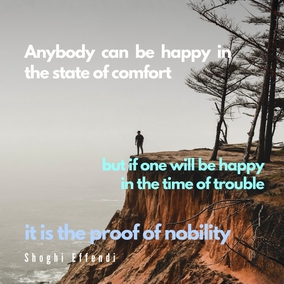
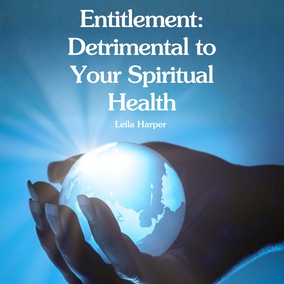

Comments
Sign in or create an account
Continue with Googleor